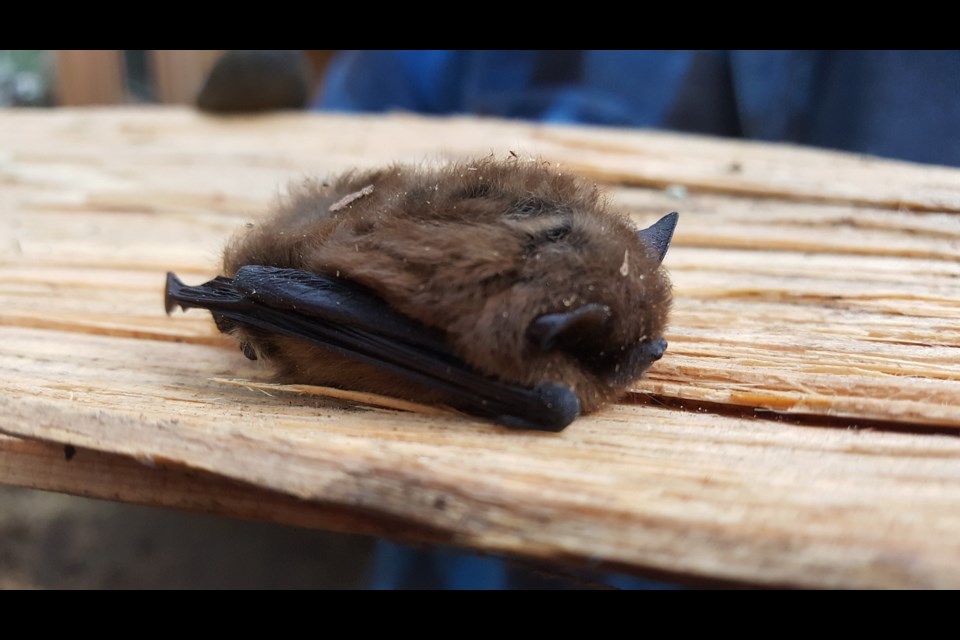The Community Bat Program of B.C. is looking to connect with several �鶹�����groups for help collecting data about bats in the region.
First, the program hopes to connect with climbers to record data about bats that are using rock crevices. There will be a free presentation at Valhalla Pure Outfitters in �鶹�����on Feb. 28 at 7 p.m.
Interested participants are asked to register on .
The program also offers a two-hour bat ambassador course on March 21 in the evening. The course is for people in the Sea to Sky Corridor who live in or near Squamish, Whistler, Pemberton, Gambier Island and Bowen Island.
“This initiative aims to assign one or two bat ambassadors to each of these regions to help collect data on bat reports, monitor bat roosts during the BC Annual Bat Count and help with their White-nose Syndrome Surveillance program,” reads the news release.
The release says the program will greatly help bat biologists and the conservation of regional bats.
“Bat ambassadors will have program resources and support throughout the year,” reads the release.
Finally, the program is seeking help from the public to report any winter bat activity, including observations of sick or dead bats, until May 31.
As it stands, the bat population is facing a fungal disease called White-Nose Syndrome, which is harmless to humans but threatens the livelihood of the bat population. Two bat species in B.C. have recently been listed as endangered due to the threat.
The collection of these observations of winter bat activity will “help in the effort to detect and prevent the spread of White-Nose Syndrome.”
The release asks to leave live bats alone and keep your distance. If you must move a dead bat, do not use your bare hands. If you or your pet have been in direct contact with a bat, please seek out information regarding the risk of rabies.
To report bat sightings, visit , email [email protected] or call 1-800-GOT-BATS (1-800-922-2287).
If you are interested in the Valhalla presentation but cannot make it or are interested in the bat ambassador course on March 21, the release says to email the regional co-ordinator for the Metro Vancouver-�鶹�����Region, Danielle Dagenais, at [email protected].









